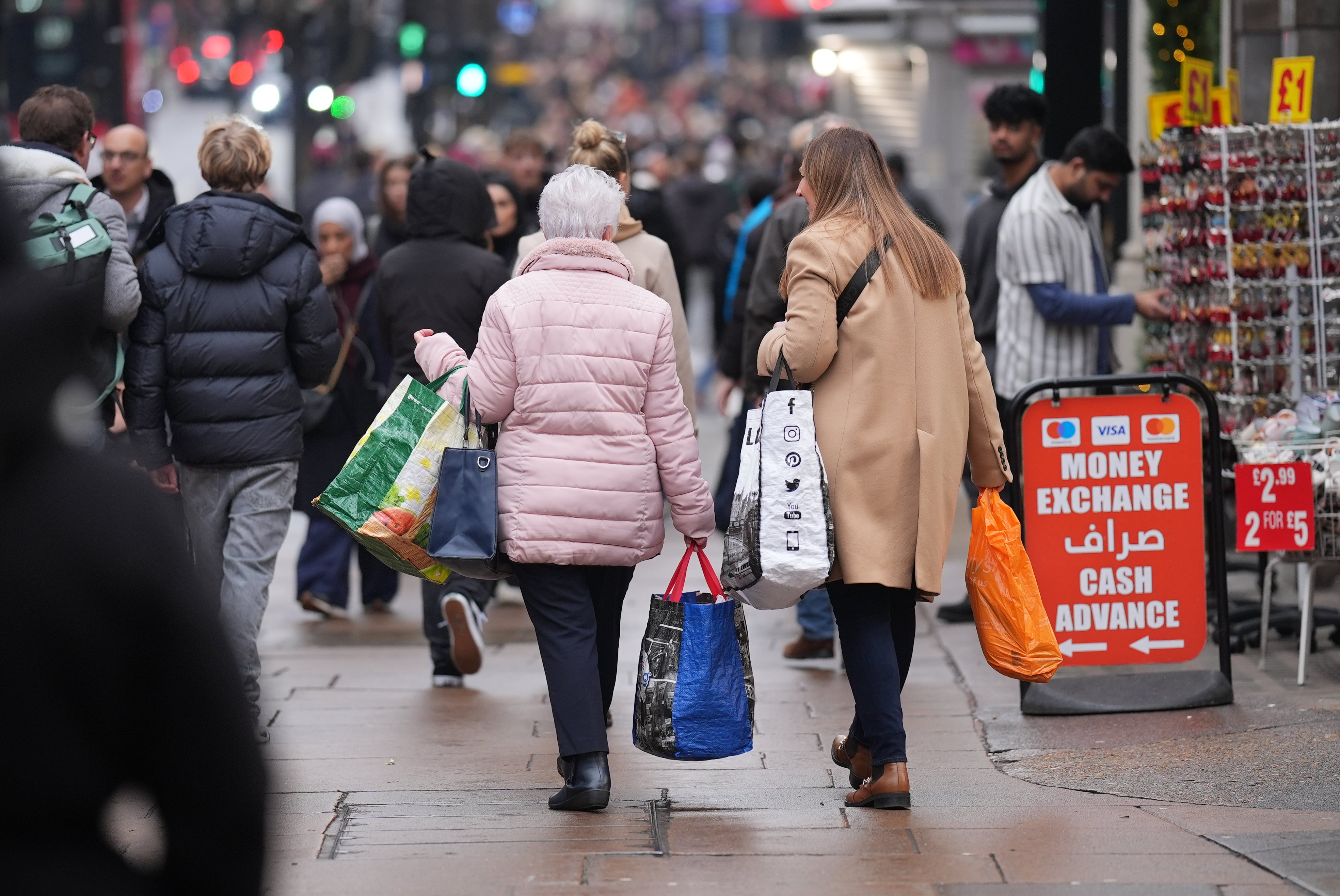The Chancellor has been warned that retailers face a ‘perfect storm of additional costs’ due to the Budget with 300,000 jobs set to go by 2028. Seven of Britain’s biggest chains have united to tell Rachel Reeves her tax hikes will lead to even more devastating High Street closures and job losses. Shops should not have to pay more under proposed business rates reforms, according to Marks & Spencer, Tesco, Sainsbury’s, B&Q-owner Kingfisher, Morrisons, Primark and Asda.
![[In his pomp: Philip Green with, from left, Suki Waterhouse, Kate Moss, Cara Delevingne, Sienna Miller and Naomi Campbell]](https://i.dailymail.co.uk/1s/2025/02/10/21/95070319-14382143-In_his_pomp_Philip_Green_with_from_left_Suki_Waterhouse_Kate_Mos-m-3_1739223085919.jpg)
Under a new Retail Jobs Alliance (RJA), they are calling for change just days after M&S boss Stuart Machin said the industry was being ‘raided like a piggy bank’. At least one in ten retail workers could leave the sector before 2028, amounting to 300,000 staff, according to the RJA’s analysis. But it is feared the reality could be even worse, as this estimate does not include the impact of higher costs.
Jobs threat: Seven of Britain's biggest chains have united to tell Rachel Reeves her tax hikes will lead to even more devastating High Street closures and job losses. A perilous start to the year has already seen thousands of jobs lost, including at supermarkets Sainsbury’s and Tesco, while the fate of more at WH Smiths and Quiz hangs in the balance. A spokesman from the RJA said: ‘Retailers are facing a perfect storm of additional costs from this April.’.
They are calling for shops to be protected from higher business rates, which are commercial property taxes. ‘This change would provide much-needed relief for at-risk stores, enabling them to reinvest in their businesses, retain staff, and grow their footprint on the High Street,’ the spokesman added. Bosses have been furious after Reeves failed to tackle the broken business rates regime. Labour has promised to ‘level the playing field between the High Street and online giants’ by replacing the levy, which is paid on the rateable value of a commercial property.
But under their plans, premises with rateable values of above £500,000 would pay more. It has depicted this as targeting warehouses used by online shopping giants, but retailers say it would also hit over 4,000 bricks-and-mortar shops. The Chancellor has delayed the introduction of a new business rates system until 2026 at the earliest. In the meantime, smaller retailers will pay thousands of pounds more because of a reduction in Covid-era relief from April.
As well as hitting shops with higher rates, the Chancellor announced a £25billion increase in national insurance and an inflation-busting hike in the minimum wage. Helen Dickinson, boss of the British Retail Consortium, warned that with Reeves’ Budget adding over £7billion to their bills in 2025, retailers face ‘difficult decisions about future investment. Confederation of British Industry chief executive Rain Newton-Smith warned businesses are ‘seriously flagging under the fiscal burden it had to shoulder at the Budget’ and called for ‘decisive action’ that must include ‘fixing our punishing business rates system – fast’.
Night-Time Industries Association chief executive Michael Kill said that without immediate ‘wholesale reform’ of the business rates regime, town and city centres across the country will be left decimated. A quarter of former Debenhams and Arcadia stores are lying empty five years on from their collapse, according to data compiled for the Mail. Analysts at property consultancy Green Street found that 125 of the 459 shops – or 27 per cent – that made up Philip Green’s Arcadia empire are still vacant.
Meanwhile, 35 of 142, or 25 per cent, of former Debenhams stores are empty. In his pomp: Philip Green with, from left, Suki Waterhouse, Kate Moss, Cara Delevingne, Sienna Miller and Naomi Campbell. The findings underline the scale of the crisis facing the High Street even before the industry is hit with increased national insurance bills, a sharp rise in the minimum wage and higher business rates. Both firms collapsed around the start of the decade having been proud staples in town and city centres across the country for years.
But they were crippled by high costs and debts as shoppers deserted them for online retailers. At its peak, Arcadia was made up of over 2,800 Top Shop, Top Man, Burton, Miss Selfridge and Dorothy Perkins stores. The company started closing shops and cutting jobs in 2010 and it was eventually killed off after Covid-19 hit. The brands have been sold to the likes of Asos and Boohoo. Debenhams was part of Arcadia until its 1998 flotation on the London Stock Exchange.






















